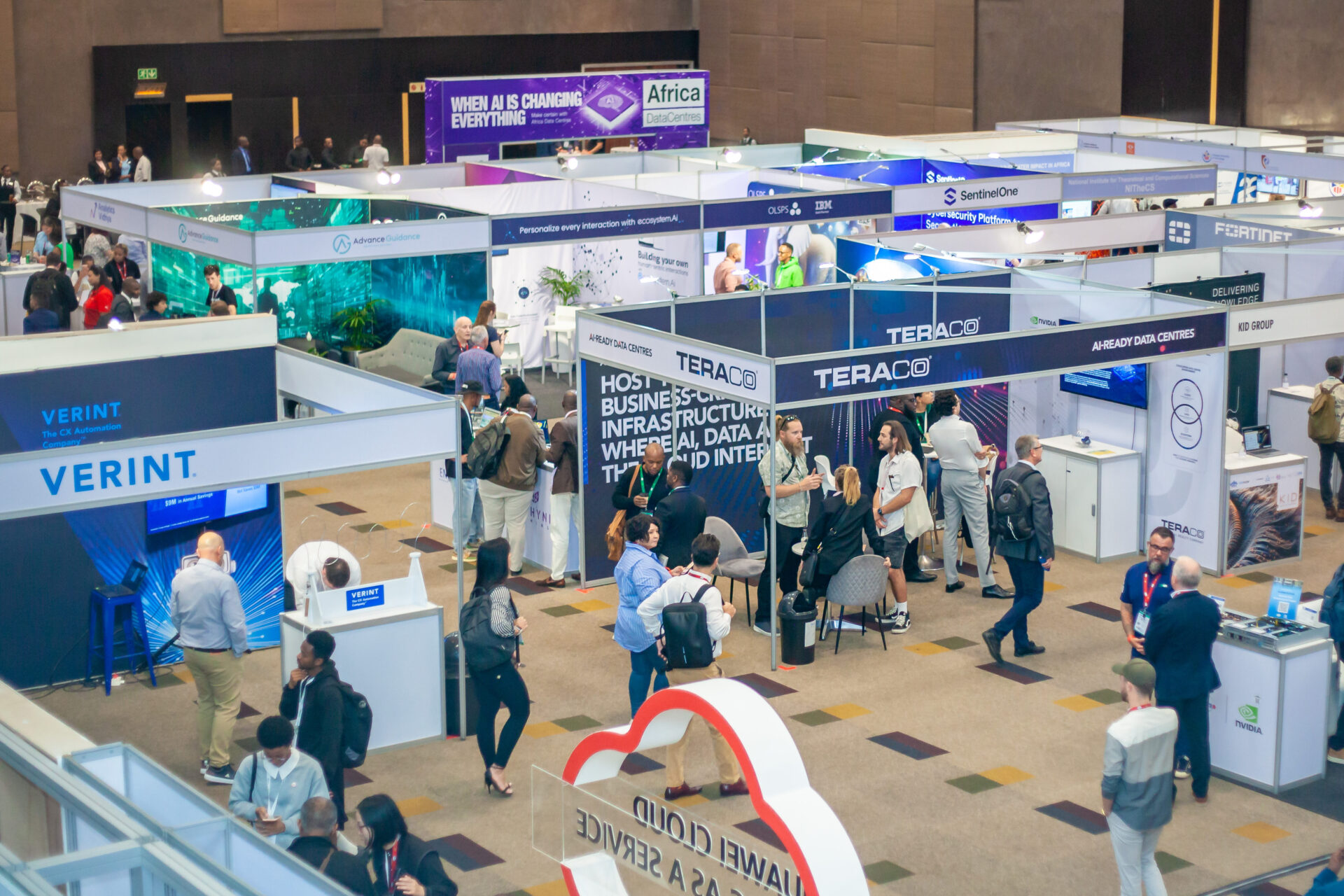At Epson South Africa, diversity, equity, inclusion and belonging are not abstract ideals or compliance targets. They are lived values that shape the organisation’s culture and leadership. Across the META-CWA region, nearly half of the workforce is female, and in South Africa specifically, women make up 57% of the local workforce, with 45% holding senior leadership positions.
This stands out in a country where women make up only 23% of the STEM workforce. For Epson, the figures tell a story of progress but also a demonstration that inclusion is a strategic priority rather than a tick box exercise.
Representation is only the beginning. Epson has embedded belonging into its everyday operations so that people are not just present in the workplace but feel empowered to contribute. The Employment Equity Committee, established this year, ensures that diverse voices are part of decision-making.
Cultural day celebrations highlight the breadth of South Africa’s heritage and traditions, while the company’s Japanese heritage brings the Kaizen philosophy of continuous improvement into daily practice. Following the lead of its headquarters, Epson South Africa encourages employees at every level to share ideas, solve problems and collaborate across teams and regions. Together these initiatives show that inclusion at Epson is not measured only by numbers but by lived experience across the organisation.
The results are significant. Between April 2024 and April 2025 65% of new hires were female, which reflects a recruitment strategy that is working to correct gender imbalances in the sector. Across the Middle East, Türkiye, Africa and Central & West Asia women now represent 44% of Epson’s workforce. Locally, visible female leaders and mentorship opportunities help dismantle barriers that have historically held women back in technical and leadership roles.
“Diversity reaches its full potential when people feel they truly belong. When everyone feels valued and can bring their authentic selves to work, teams perform at their best – and that benefits the entire organisation. That’s why inclusion is not a side project for us, it’s how we run the business,” says Charley Stevens, Epson META-CWA People & Culture Director.
This progress matters because today’s workforce expects more than gestures. Younger generations in particular demand transparency, fairness and genuine opportunity, and are quick to dismiss employers that fall short. Belonging is therefore more than a human resources initiative. It has become a business strategy that reduces turnover, strengthens engagement and drives innovation. In South Africa where talent is mobile and competition is fierce, these outcomes provide a clear advantage.
The evidence is clear. A South African leadership study found that gender diverse teams are 25% more likely to deliver above average profitability and organisations with strong ethnic diversity outperform their less diverse peers by 36%. At the same time, Bain research shows that only 29% of senior leadership roles in South Africa are held by women, which underlines how much work remains to be done.
Epson’s experience shows that global inclusion frameworks succeed only when they are adapted to local realities. The country’s workforce is shaped by unique histories and inequalities that cannot be addressed with a one size fits all model. By combining global principles with locally relevant structures and initiatives Epson has built an approach that is authentic and profitable.
Belonging may appear to be a soft concept, but research shows otherwise. Gender diverse teams are more likely to be profitable and organisations that reflect the societies they operate in are better placed to attract and keep talent. In South Africa, the stakes are high and belonging can be the difference between stagnation and growth. Compliance may set the baseline, but it is belonging that unlocks the full potential of people and businesses.





